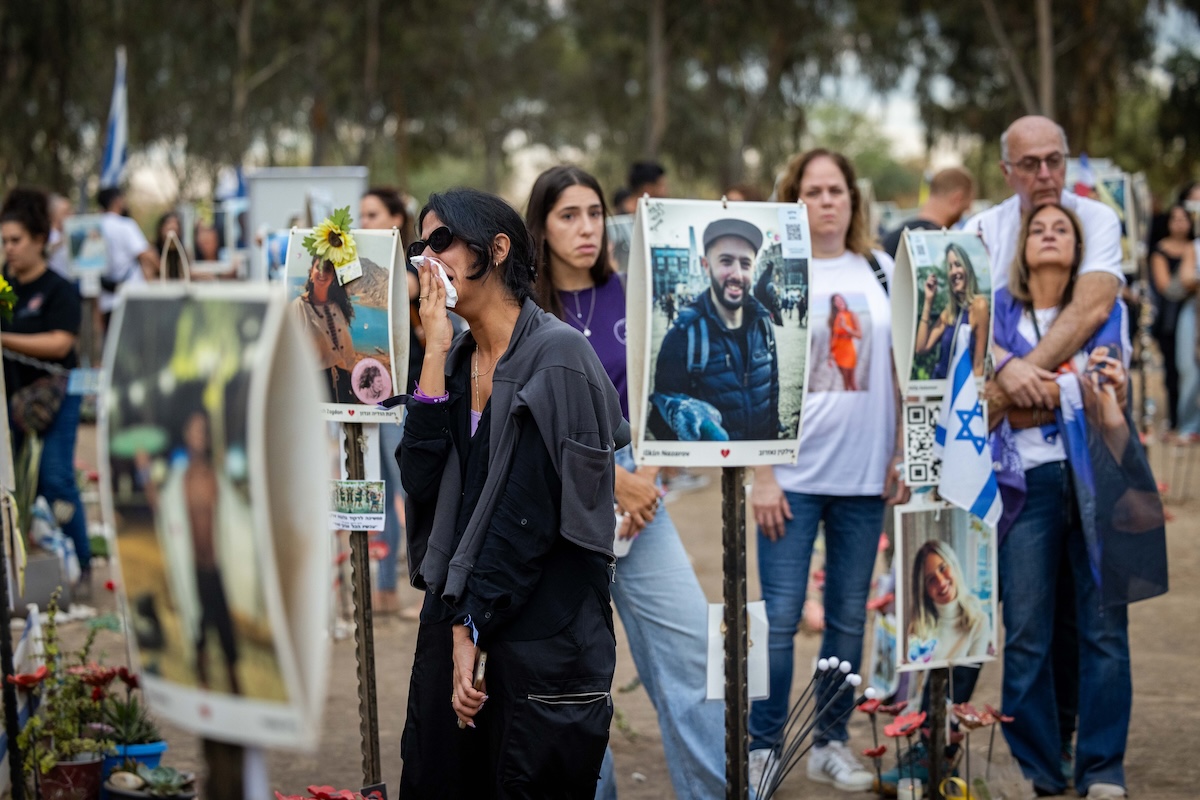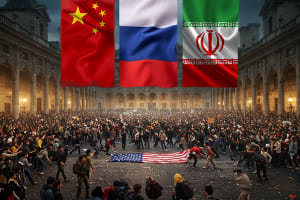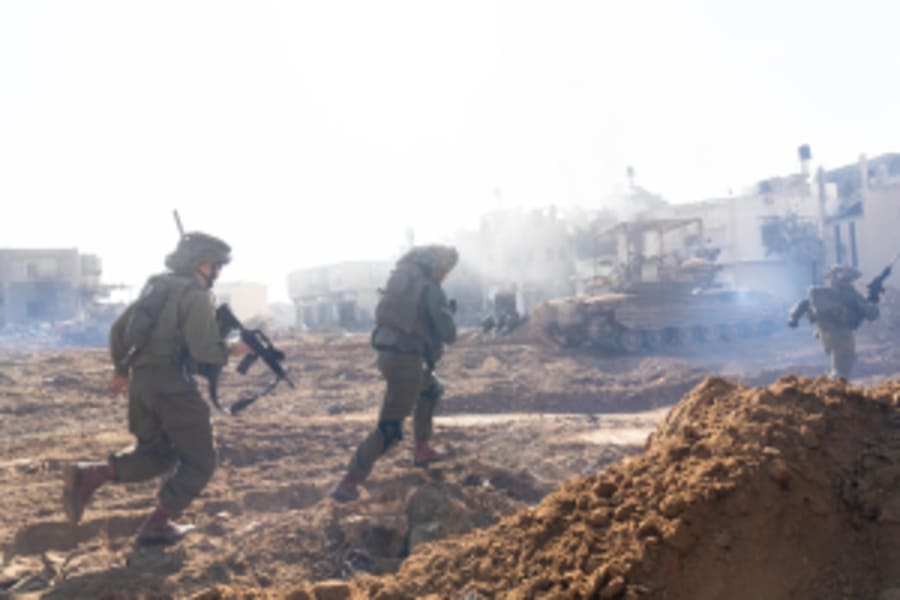Israeli Jews have mixed feelings about celebrating Simchat Torah holiday after last year's massacre

The Jewish holiday of Simchat Torah (Joy of the Torah), which began on Wednesday evening at sundown, marks the end of Sukkot and is typically a festive celebration for families in Israel and throughout the diaspora. However, after the Oct. 7 massacre in southern Israel in 2023, which was Simchat Torah according to the Hebrew calendar, Israelis have mixed emotions.
On that dark Saturday morning last year, which Israelis refer to as the "Black Shabbat." The Hamas-led invasion and terror attack, involving 6,000 Palestinians from Gaza, resulted in the massacre of 1,200 Israelis and the abduction of 251 Israelis and foreign nationals from southern border communities. Most of the Israeli casualties were civilians, including women, children and the elderly, marking the largest killing of Jews in a single incident since the Holocaust.

This year, many Israelis are having difficulty knowing how to best observe the holiday. The IDF estimates that there are at least 101 hostages being held in Gaza and Israelis are unsure whether to be joyful or to mourn Israeli rabbis have recommended muted celebrations in an effort to balance the mixed emotions in the country.
Shmuel Eliyahu, Chief Rabbi of Safed in northern Israel, believes joy is important to strengthen the resilience of the Jewish nation, especially amid difficult times.
“Strengthening the nation– not falling into depression and despondency – is so important both for soldiers fighting on the battlefield and for civilians, so we need the joy,” Eliyahu said. However, the rabbi also expressed solidarity with those who are in mourning, saying, “At the same time, in every community, in every synagogue, there is a mourner, a soldier on duty, someone who was injured.”
“It is a narrow bridge,” he added.
Rabbi David Stav, chairman of the Tzohar Rabbinical Organization, said many Israelis want advice about the best practices for observing Simchat Torah this year.
“People want to know what to do about the dancing, they want to know what to do about the drinking and eating, and they want to know how to express their mourning,” Stav said.
“Our position at Tzohar is to strike a middle road: we don’t want to do away with the joy and celebrations, but we also don’t want to ignore the pain,” the rabbi explained.
Stav also addressed the issue of how secular Israelis who survived the Nova Music Festival massacre might face the holiday.
“Obviously, these women who participated in the Nova are not religious,” he said. “But there is a desire to integrate their experiences within the context of the religious celebration.”
Rabbi Ilay Ofran who serves in Kibbutz Yavne also recommends embracing the balance between tradition and pragmatism.
“What I think is that we have to be able to hold onto our traditions but not ignore the fact that this is the yahrzeit of 1,200 people,” Ofran said, referring to the first anniversary since the attack.
“I understand the voice that says, ‘We have to continue to celebrate and be joyous,’ as well as the voice that says, ‘How can we continue?’” he added.
Rabbi Daniel Landes, founder and director of Yashrut, a rabbinic organization, noted that Simchat Torah already embodies a mixture of joy and mourning.
“We have the dancing with the Torah, but we also have Yizkor,” Landes said.
“I never did get over the fact that here the same day has both joy and mourning. That’s why we call it Avodat Hashem [serving God] because it’s work, it’s not simple,” the rabbi added.

The All Israel News Staff is a team of journalists in Israel.













